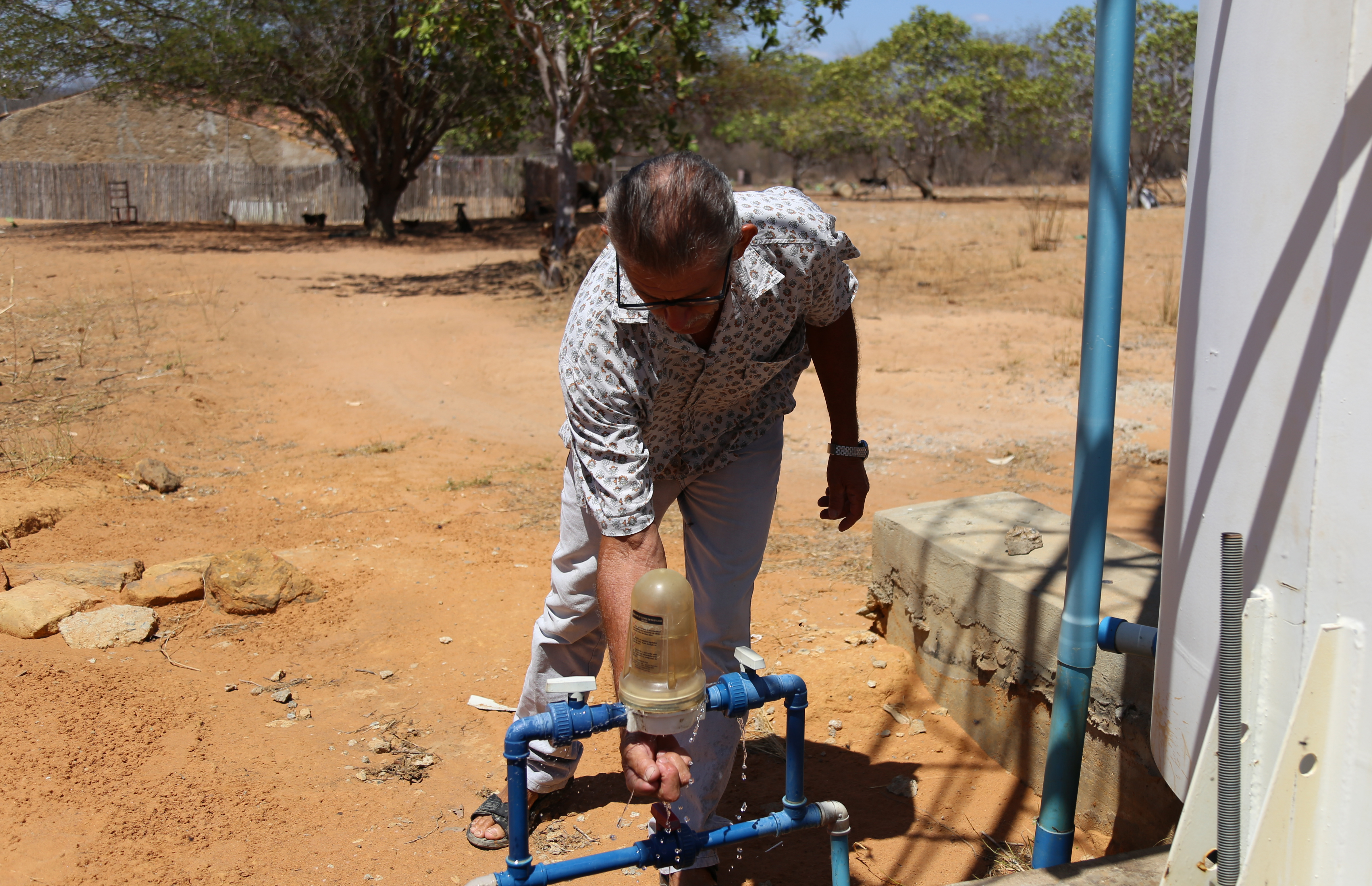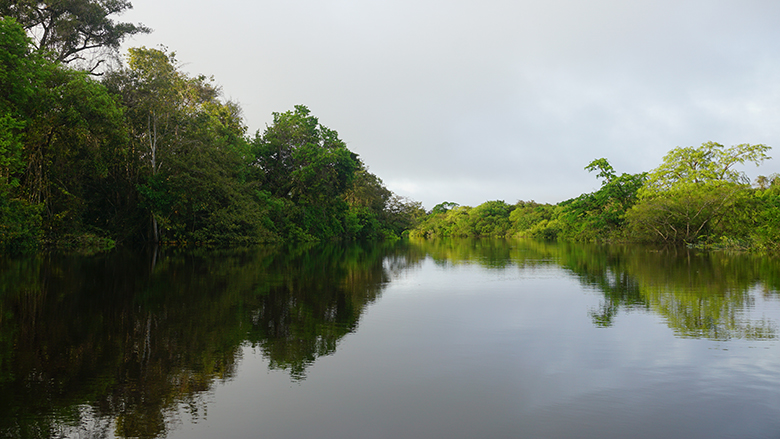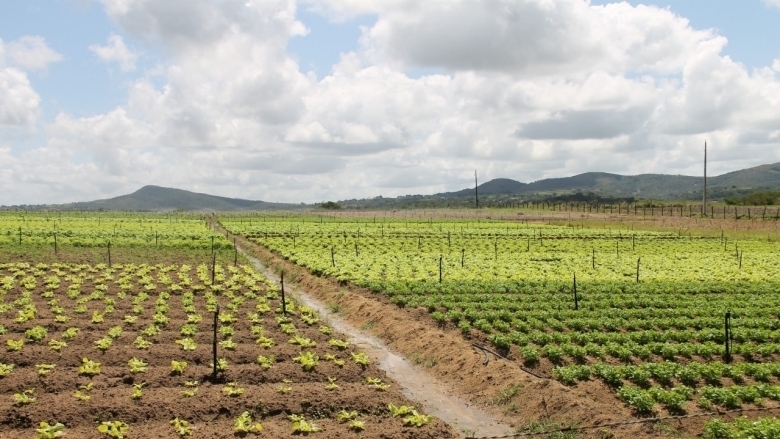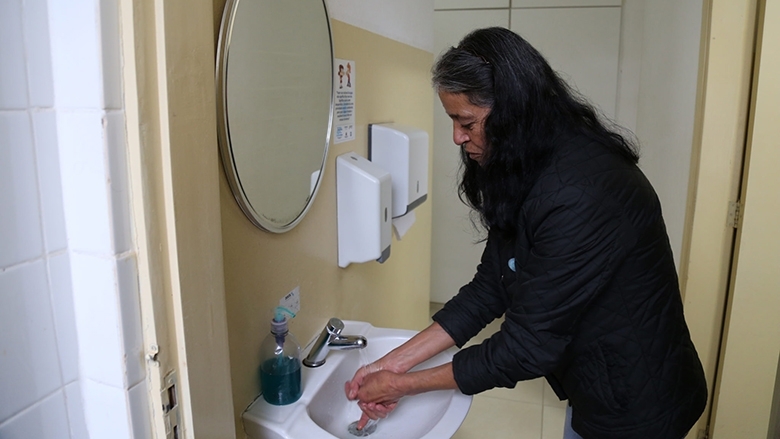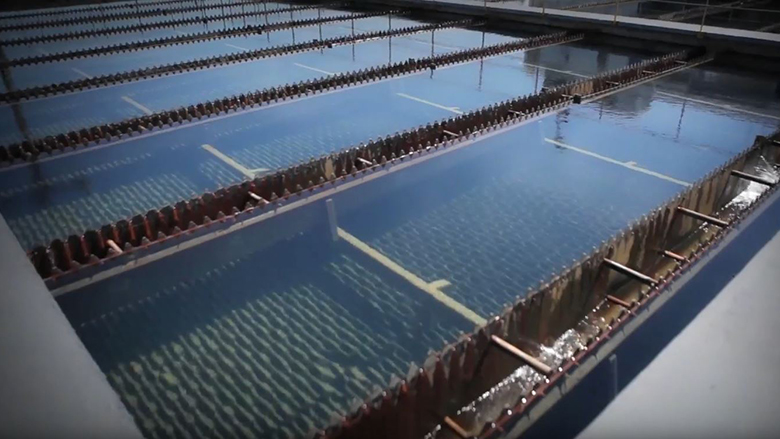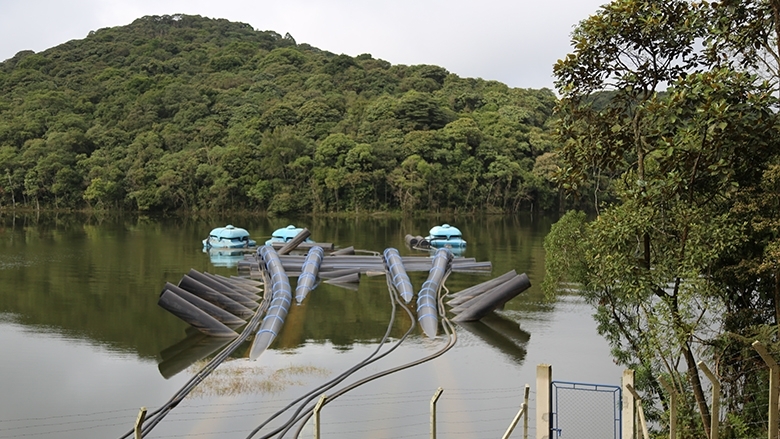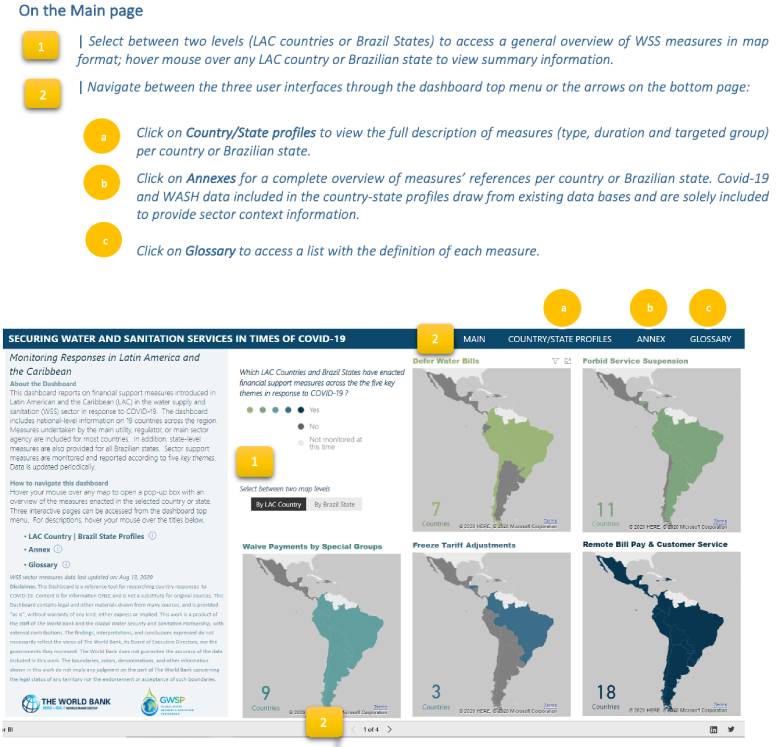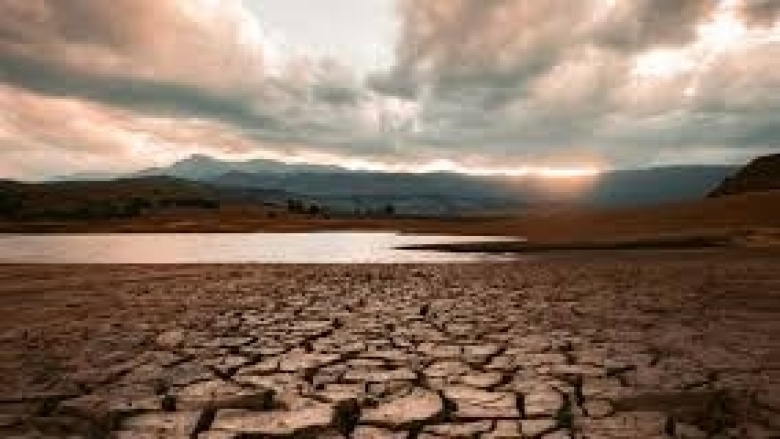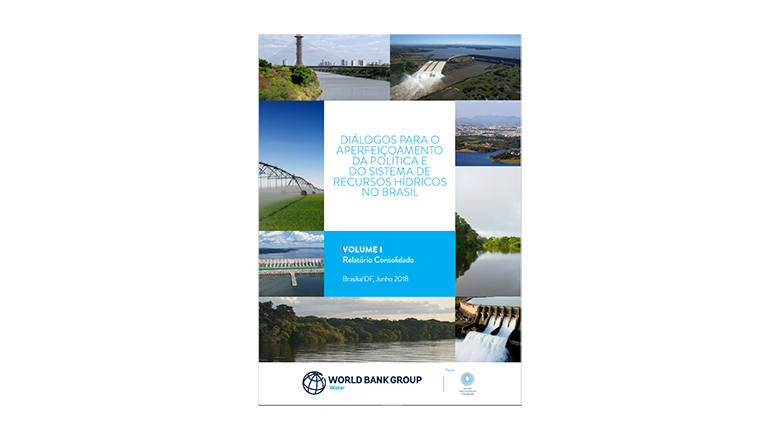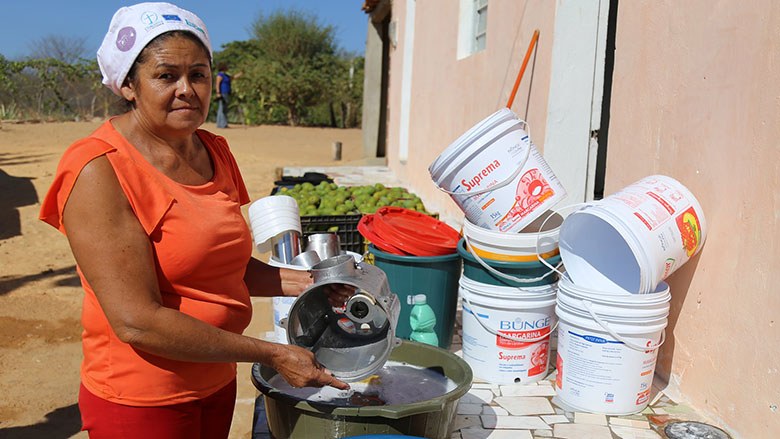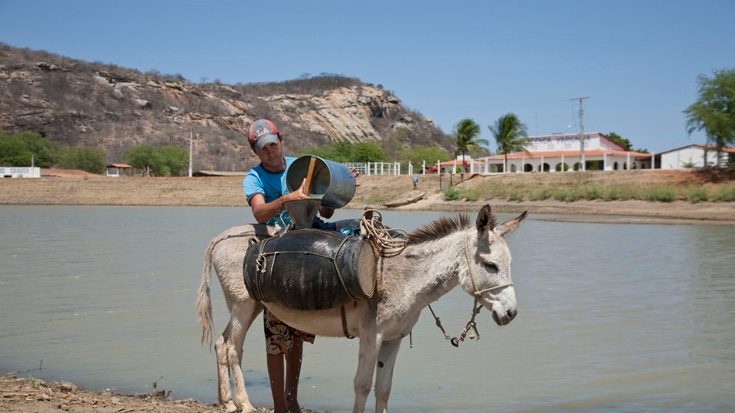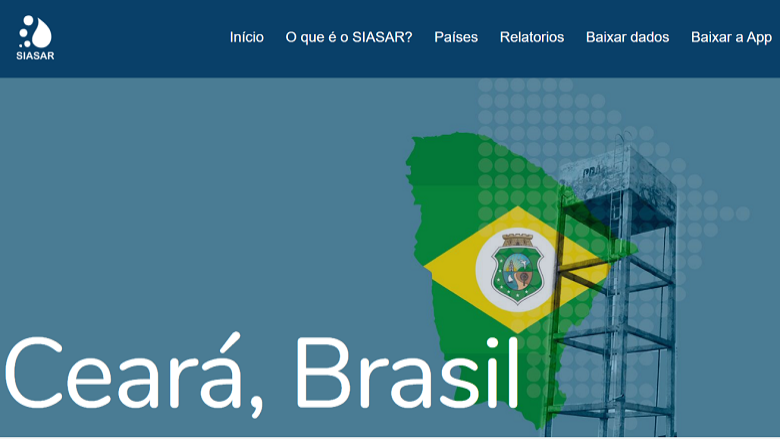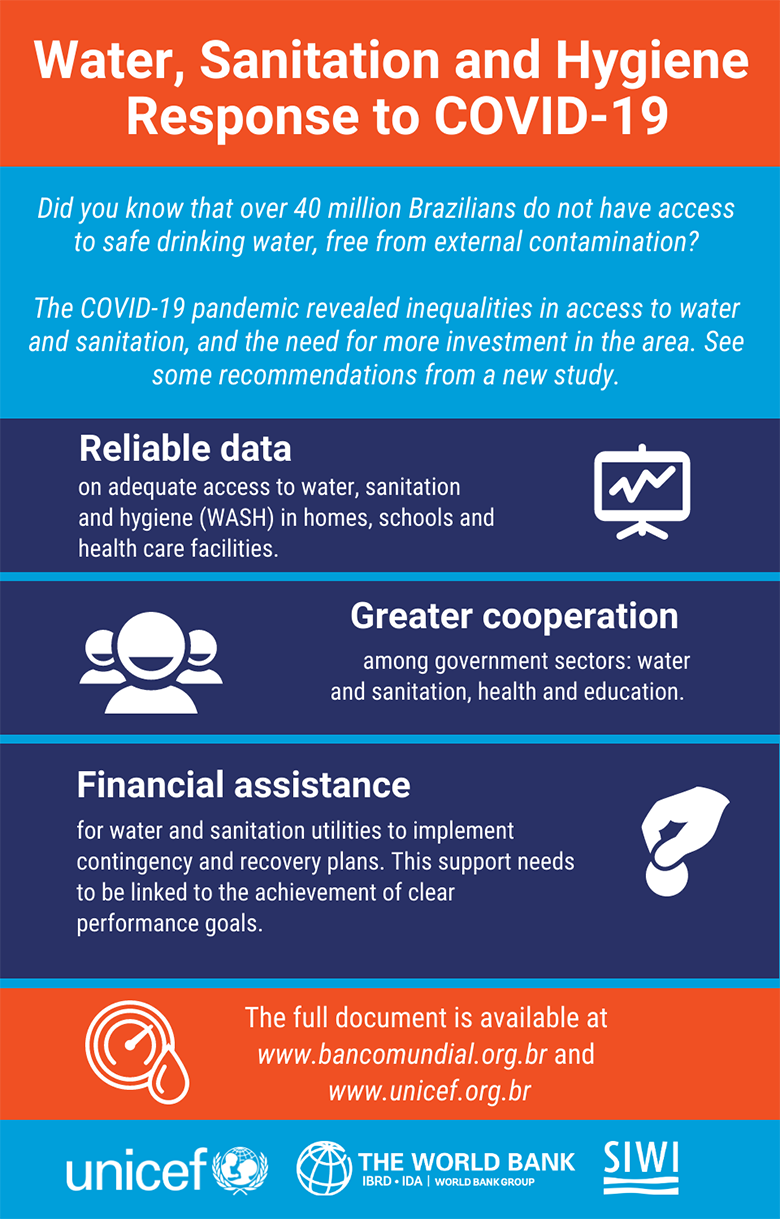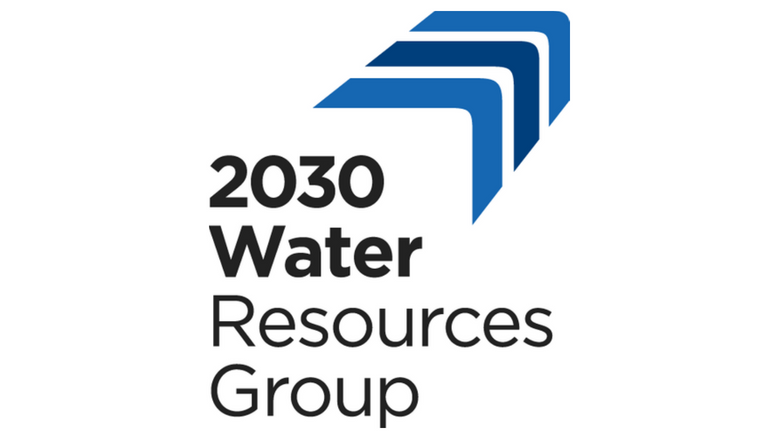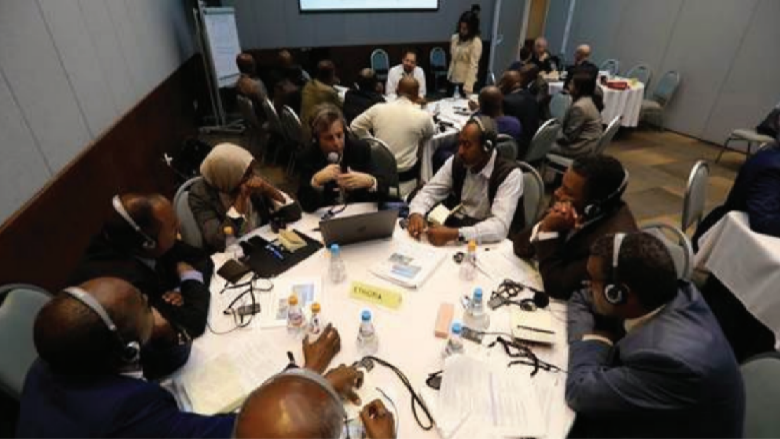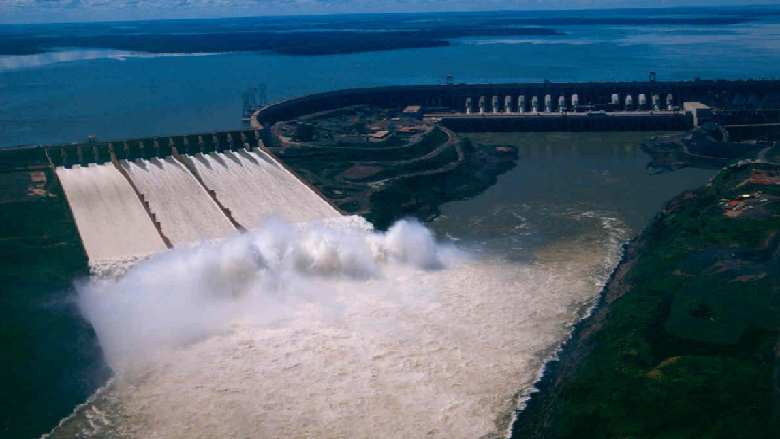This week, the Brazilian Association of Sanitary and Environmental Engineering is hosting Brazil Water Week (BWW) virtually from October 26-30. The World Bank joins professionals, companies from Brazil, academics, and international organizations to discuss and address the water sector's challenges, public policies, solutions and technologies that exist in Brazil and around the world.
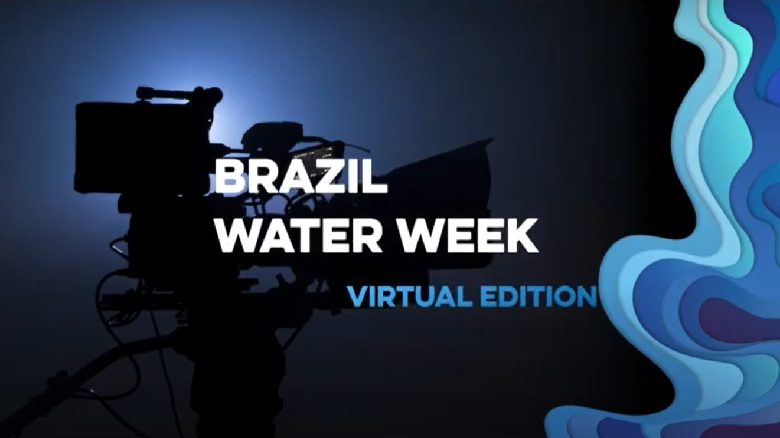
For years, the World Bank has been working with Brazil to tackle its water challenges through investments, technical assistance, knowledge and innovative solutions.
World Bank-financed projects have helped Brazil sustain water resources, deliver services, and build resilience. Given that water touches every aspect of development and flows through nearly every Sustainable Development Goal (SDG), the Bank’s water-related investments have impacts that go far beyond just the water sector. The water team works closely with colleagues in agriculture, urban development, rural development, disaster management, energy, health and other sectors to achieve the SDGs across the board.
*Click HERE to get some snapshots of the Bank’s recently closed and ongoing water lending projects in Brazil.
In addition to our lending projects, the World Bank devotes considerable attention to delivering analytical and advisory products and harnessing the latest in-depth international knowledge and know-how to effect change in Brazil’s water sector. We believe in the importance of providing policy advice based on evidence, and analysis based on sound methodologies.
*Click HERE to learn some recent examples of the Bank’s knowledge products on Brazil’s water sector.
By building on the World Bank’s convening power, our partnerships become our strength. The World Bank is working with various partners from both government and non-governmental organizations locally, nationally and globally to deliver impact in Brazil. We are always open to new partnerships since the way forward is working together to tackle the most pressing water challenges.
*Click HERE to take a deep dive into the Bank's work with partners in Brazil.
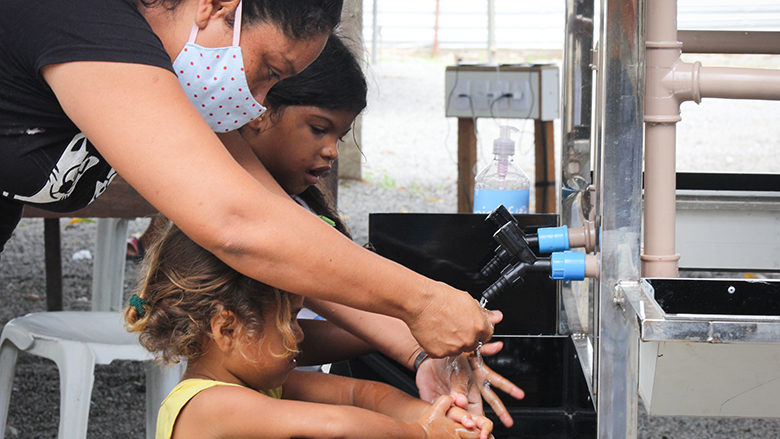
Political commitment and leadership, technological innovations, and breakthroughs in service delivery and financing models are all needed to support governments to deliver on their commitment to the SDGs. Pressure on water is rising and urgent action is needed. The solutions must be bold enough to match the scale of the challenge. The World Bank, together with the International Finance Corporation and the Multilateral Investment Guarantee Agency, stand ready to take on this challenge with all stakeholders in Brazil to continue delivering the vision of a water secure world for all.
